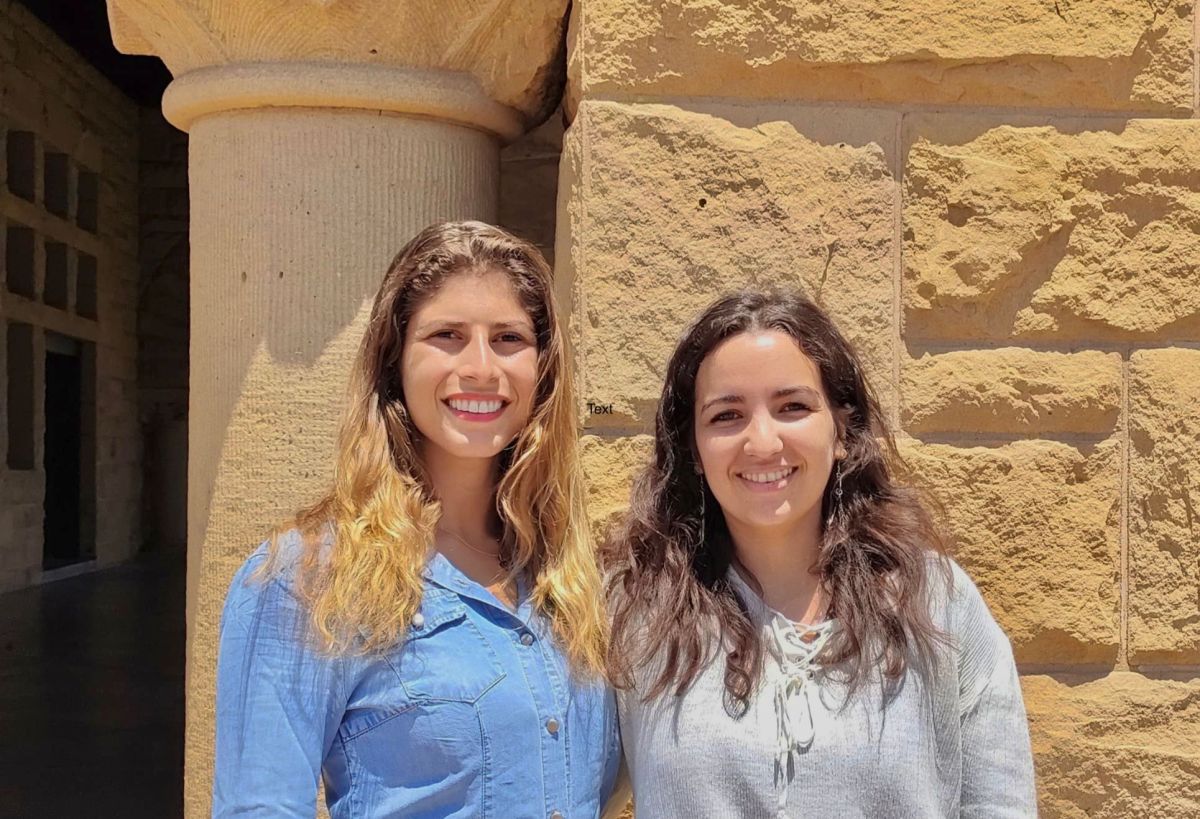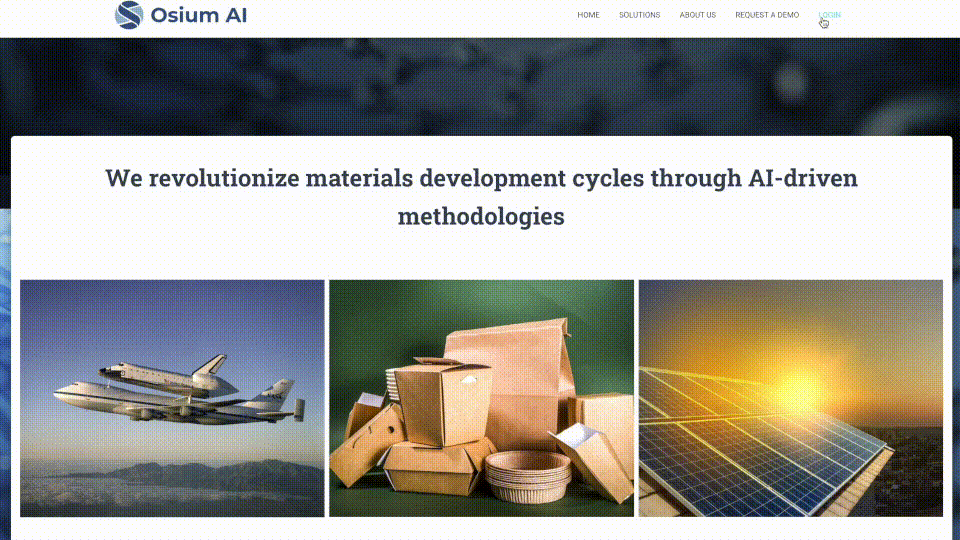
While everybody is trying to figure out how artificial intelligence can be leveraged across various industries, French startup Osium AI has found an interesting use case for AI — research and development in materials science.
Founded by Sarah Najmark and Luisa Bouneder, the startup raised a $2.6 million seed round from Y Combinator, Singular, Kima Ventures, Collaborative Fund, Raise Phiture and several business angels (Julien Chaumond, Thomas Clozel, Isaac Oates, Liz Wessel, Ebert Hera Group, Patrick Joubert, Sequoia Scout and Atomico Angel).
“During my undergrad, I had done research on materials, particularly in the field of cosmetics. And I had seen that materials development methodologies were still very manual, with a lot of trial and error and many methods relying mainly on intuition,” Najmark told me.
After graduating, she joined Google X, the moonshot division of the giant tech company, and spent three years working on robotics and deep tech technologies. She also co-authored some patents.
“I was tech lead, so I really had ownership over end-to-end artificial intelligence pipelines on robotics and system engineering subjects,” she said.
Her co-founder, Luisa Bouneder, spent three years working on data products for industrial companies, and in the materials field in particular. She also noticed firsthand that there was a lot of trial and error that was slowing down the development process.
“In discussions with many industrial companies, we also realized that there were really new challenges linked to sustainability, with the development of new materials: lighter materials — materials for aeronautics, for example — but also more durable, environment-friendly materials, with optimized and greener manufacturing processes,” Najmark said.
“It’s a subject that really affects all types of industries, including construction, packaging, aeronautics, aerospace, textiles and smartphones,” she added later in the conversation.

Image Credits: Osium AI
So how does Osium AI actually work? It’s all about optimizing the feedback loop between materials formulation and testing using a data-driven approach. With the startup’s proprietary tech, industrial companies can predict the physical properties of new materials based on a list of criteria. After that, Osium AI can also help refine and optimize those new materials while avoiding common mistakes involved with trial and error.
Several industrial companies are already trying out Osium AI’s solution, and they see the potential. “Our users saw that our solution could enable them to accelerate both the development and analysis of materials by a factor of 10. So right from the start of our testing, we saw that we were bringing value,” Najmark said.
In many ways, Osium AI is just getting started. There are only two people working for the company (the two co-founders), so the startup will soon ramp up its team and start turning these first contracts into real business. The company is already talking with 30 industrial companies that could potentially become clients.





